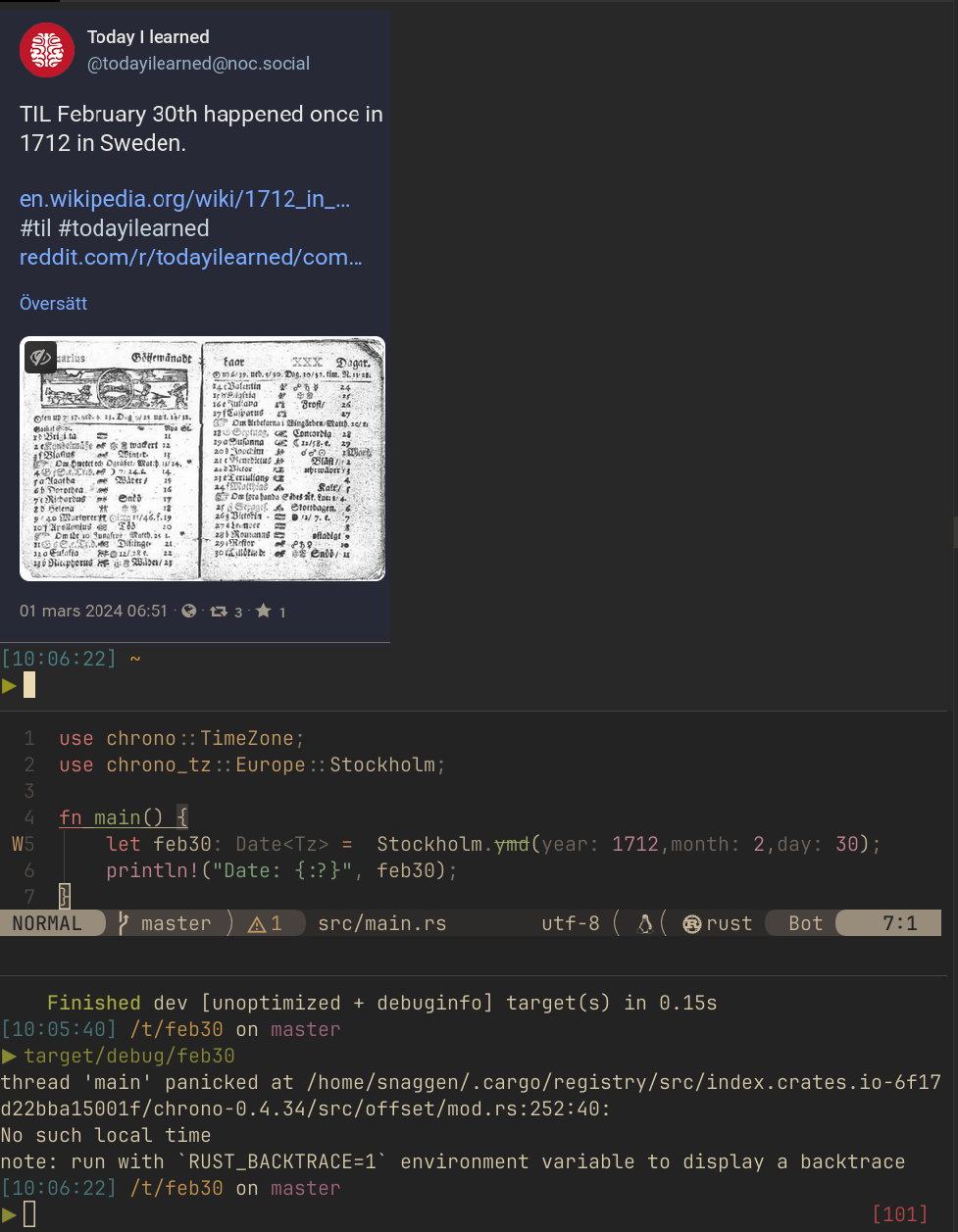Rust
6031 readers
2 users here now
Welcome to the Rust community! This is a place to discuss about the Rust programming language.
Wormhole
Credits
- The icon is a modified version of the official rust logo (changing the colors to a gradient and black background)
founded 1 year ago
MODERATORS
251
252
253
254
255
256
257
258
259
260
261
31
Open sourcing Pingora: Our Rust framework for building programmable network services
(blog.cloudflare.com)
262
263
264
265
266
267
268
269
270
271
272
273
274
275
